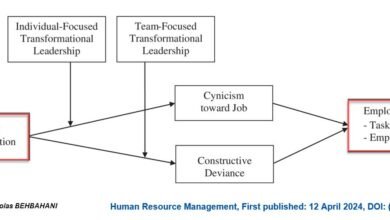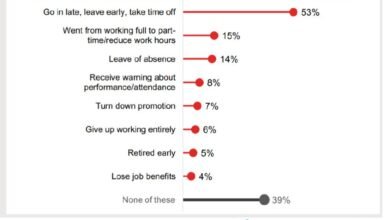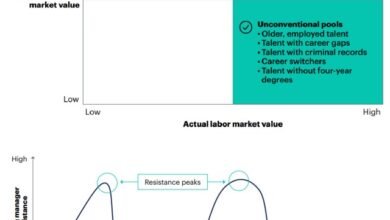
By | Binoj Vasu | Group President & Chief Learning Officer – YES Bank
What is talent density? In simple terms, the talent density of an organization is the ratio of its great talent vis-a-vis its adequate talent. The higher the ratio of great talent compared to adequate (or poor) talent, the better the talent density of the organization. The higher the talent density, the more likely it is that the organization would be a great place to work that constantly produces outstanding products, solutions, and services.
The Netflix story:
The concept of talent density has been made popular by Reed Hastings (the founder of Netflix) in ‘No Rules Rules’, a book that he co-authored with Erin Mayer from INSEAD Business School. In his book, Hastings talks about a testing time during the early phase of Netflix when he had to fire one-third of his 120-member workforce due to the internet bubble burst of 2001. He decided to classify his employees based on their performance, creativity, and collaborative approach. He retained the top two-thirds and let go of the bottom 40 employees. While he was worried about the negative effect that the firing of colleagues would have on the retained 80 employees, he was surprised to see his office environment improve drastically over the next few weeks and see the team buzzing with passion, energy, and ideas.
He articulates that when we increase the talent density of a team by eliminating just-adequate-performers, we create an environment of excellence that the talented performers love, which in turn makes them achieve a significant lot more.
What makes an employee an adequate talent?
Please note that the segregation of great and adequate talent is not determined by skill levels alone. Adequate employees who bring down the talent density in a team also include:
- Those who always only do just-adequate work and never believe in contributing even an inch more than the bare minimum.
- Those who work hard but don’t possess the ability to prioritize or contextualize as per what their roles require them to do.
- Those who do great work but are constant complainers, pessimists, or propagators of negativity.
The impact of adequate talent on great talent.
An interesting study on this subject was conducted by Prof. Will Felps from the University of New South Wales. He formed multiple teams (of four talented college students each) and assigned each team a management task to complete. The best-performing team would be given a substantial financial reward. The students did not know each other. Without the knowledge of the students, he included an actor each in some of these groups. These actors were paid to act as slackers or pessimists. These actors constantly behaved in negative, complaining, and disinterested ways, right through the task. The study showed that despite having equally good talent in each of the teams, the teams that had the implanted actors performed almost 40% worse than the other teams. The conclusion was that if a team of great talent has even 1-2 adequate performers, that performance will impact the whole group and bring down the overall performance of the entire team.







